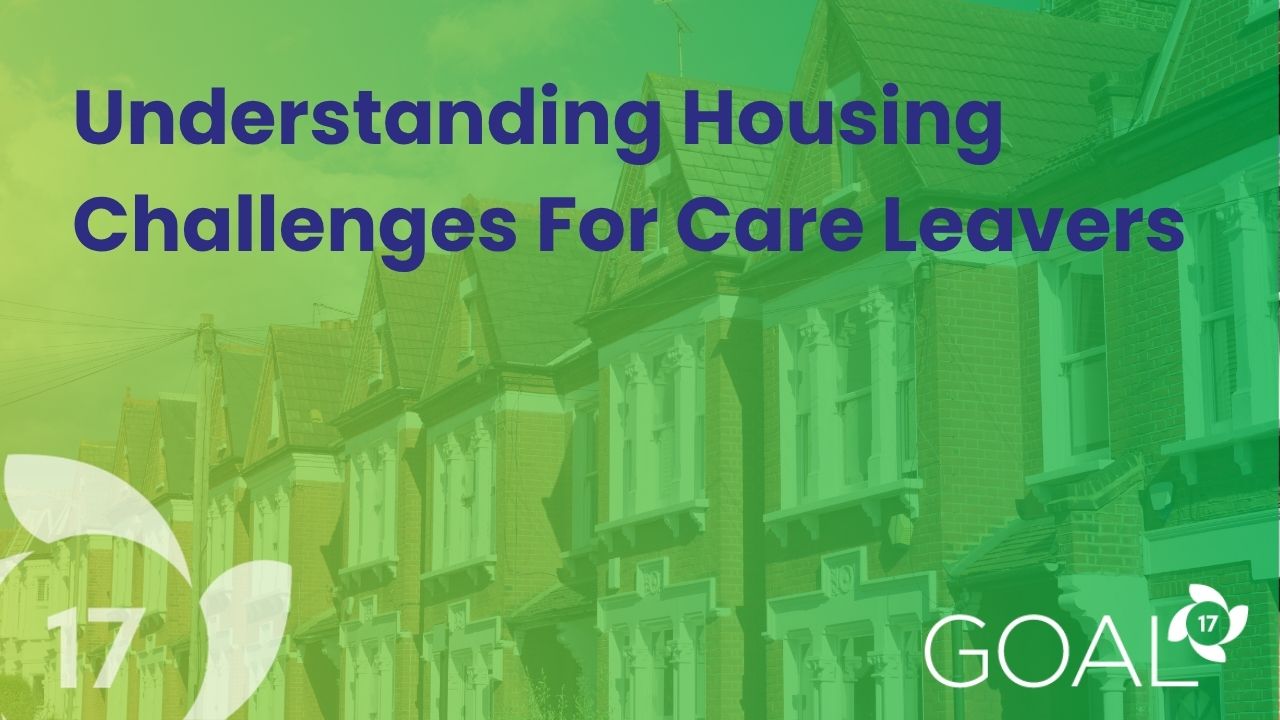Understanding Housing Challenges For Care Leavers
Oct 13, 2025
A recent surge in the number of young care leavers at risk of homelessness should concern everyone supporting young people. According to recent government figures, by April 2024, more than 4,000 young people in England who had recently left care were facing homelessness – a shocking 54% increase over five years.
Understanding the Challenge
When they reach the ‘Care Leaver’s Cliff’ at 18, many young people are forced to become independent overnight, often lacking a strong social network or safety net. This rapid transition can mean moving from foster care or children's homes into unstable situations. They can find themselves sofa surfing, living in hostels, or being in unsafe accommodation where basic needs and wellbeing are at risk. In addition, the official figures only skim the surface, as many more care leavers experience “hidden homelessness,” moving between friends’ places or sleeping rough without formal help.
Why This Matters for Mentors
Mentoring is not about “fixing” things for a young person, but rather empowering them by raising awareness, fostering skills, and being a reliable, non-judgmental presence. Understanding some of the specific risks faced by care leavers - and recognising early signs of difficulty - allows mentors to better support mentees as they navigate adult life.
Warning Signs for Mentors
Some signals a mentee may be struggling with housing insecurity include:
- Talking about frequent moves, staying with friends, or uncertainty about their current living situation.
- Discussing financial stress, inability to pay bills, or gaps in essentials.
- Noticing changes in mood, energy, or engagement, possibly linked to instability or lack of safety.
- Mentions of feeling isolated or unsupported, especially when discussing relationships with family or professionals.
Practical Tips for Mentors
If you are familiar with our mountain analogy, you already know that your role as a mentor is providing guidance and encouragement from basecamp – it's not your place to be “climbing the mountain” with your mentee. That doesn’t mean you can’t help a young person facing housing challenges – there's plenty of support you can give:
- Listen carefully and without judgment if a young person brings up worries about where they’re living.
- Help them seek information about their housing rights, local services, or organisations for care leavers.
- Explore support options such as their local council or a national charity for care leavers.
- Coach them in practical skills like budgeting, communicating with landlords, and managing paperwork - skills that build confidence and independence.
- Reassure them that setbacks and obstacles are normal, and remind them that becoming independent is a journey that takes time.
Mentors should avoid taking over tasks (such as making calls, writing emails or filling in forms), focusing instead on enabling the young person to solve their own challenges. The goal is to foster agency, not dependence.
Moving Forwards
Although the housing challenges facing care leavers are serious, as a mentor, you can really make a difference. If a young person feels overwhelmed by their housing situation, the steady support and encouragement of a mentor provides something solid to hold onto.
The heart of great mentorship is always the same: listening, showing genuine care, and guiding mentees to take practical steps. By doing this, mentors help young people regain some control and begin to build hopeful, stable futures - even when the road ahead is tough.
